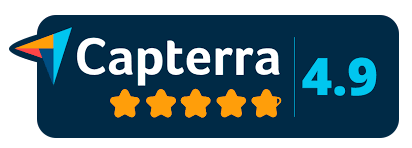Recruiting Agency
Introduction
Today we speak with Abhinav Agrawal who is the co-founder and CEO of Rocket. They are a next-generation recruiting agency that believes data lets them deliver the best client and candidate experience. We really look into their outbound process and how it affects the lead generation success and see how their website supports this strategy.
In more detail, Rocket is a software and data powered recruiting partner. They believe data, machine learning, and automation paired with experienced recruiters create the best experience for both their clients and candidates.
Abhinav was the co-founder of Renzu (acquired by SurveyMonkey) and previously worked at Amazon, McKinsey, and Zynga. He loves hiking with his wife & labradoodle. We discussed in-depth about building an efficient website that actually brings you leads even when you focus on an outbound strategy. Abhinav stresses that a website is a key player even . Do you want to know more? Tune in…
See how to optimize your website for your outbound sales process
Abhinav Agrawal: I think, what it took us time to realize is that even if you get a referral from a customer, let’s say you got a referral from someone and they say, Hey, look, there’s this great company rocket. I’ve been using them from recruiting. You should check it out in today’s day and age. The first thing people do is go, Oh, let me Google that, right? Let me go to their website, let me get some more information before we jump on the call with them. I think over time you realize that were losing some customers on that journey because maybe they went to our website and didn’t realize that the website didn’t fully capture all the progress we’ve made. Right. The website was kind of dated to that month one or month two in our journey. We’ve done a lot more since. We had expanded from engineering to all these verticals we had. We’re doing, not just ICS, but also executive hiring and were doing RPOs, were doing the ability to go to sourcing for you (…) That was something that it took us of time to understand and then really build on. I would say today it’s very central for that purpose.
Pathmonk: Does that also mean there’s a certain set of metrics that you would keep an eye on for the website? And if so, what would that be?
Abhinav Agrawal: Okay. A couple of metrics that we keep on eye on is number one is out of the people that went to the website. I think it’s similar to the product you guys actually are involved in, which is, what the equivalent of conversion for us is a lead, right? Essentially because you can sign up online. For us it’s like, Hey, do you convert to a lead? Right. I think what’s tricky about this is we have candidates as well as clients that come to our website because a lot of the candidates that we’re talking to are curious about, Hey, some recruiter from rocket reached out to me. What is rocket at, being able to determine how many of them are potential clients and then out of them, how many actually take the next step in trying to learn more information. Those are the two key metrics. Neither of them are perfect. I mean, it’s really hard as disaggregate traffic very precisely. The second part is, and even if you get an IP address and the IP address is saying, Oh, well this person is looking at your website from survey monkey. You don’t know if it’s a hiring manager at survey monkey thinking about using you or some employee of survey monkey that really hates their job right now and is interested in another job. Right.So, but we tried our best there. Those are the two things we keep an eye on.
Pathmonk: Any types of challenges or some experience you had in terms of trying to improve the conversion rate on the website, something you guys did that was helpful?
Abhinav Agrawal: No, I think the biggest thing that we did, was so in this industry, historically people have been very reluctant to disclose their clients. I think the biggest reason they’ve been reluctant to disclose their clients is they feel that somebody else will go, reach out to those clients and steal them from you, essentially poach them from you. So, because the switching costs are not super high, there’s always a switching cost in terms of getting to know the team and they know you and so forth. It’s not like a piece of software that’s going to take or multi-month project to rip out and customize and whatnot. So, traditionally we had also followed that path, but I think one day we woke up and realized, Hey, why are we doing things in the same way the old industry does it, right? We’ve got into this business to disrupt the old line companies. We’re getting into the same bad habits that those companies are in. We said, look, we’re going to actually put our customer lists online. We’re going to actually have really good case studies. We’re going to actually mention the names. We’re not going to just say a fortune 1000 retailer used us to, hire an engineer. Because the reality is that could 99% of it be bullshit because you can just say that and no one knows.
(…)











